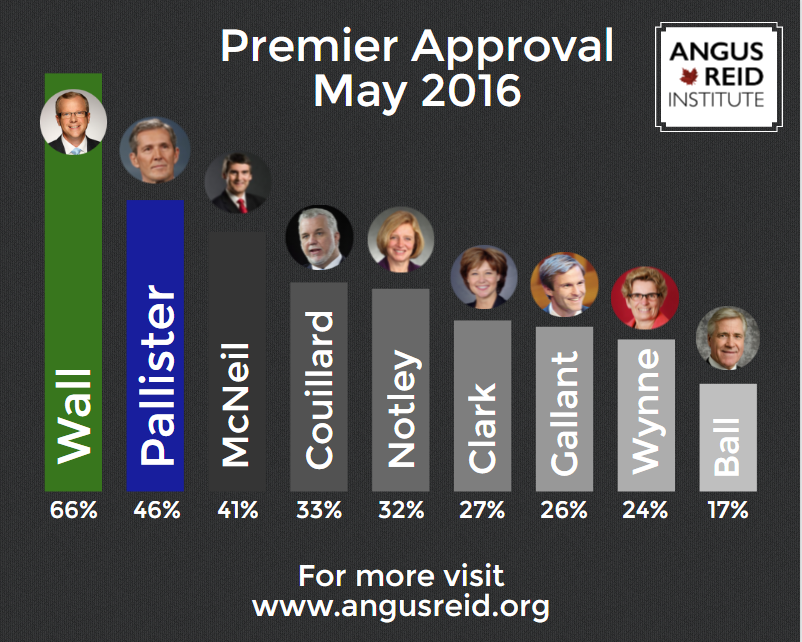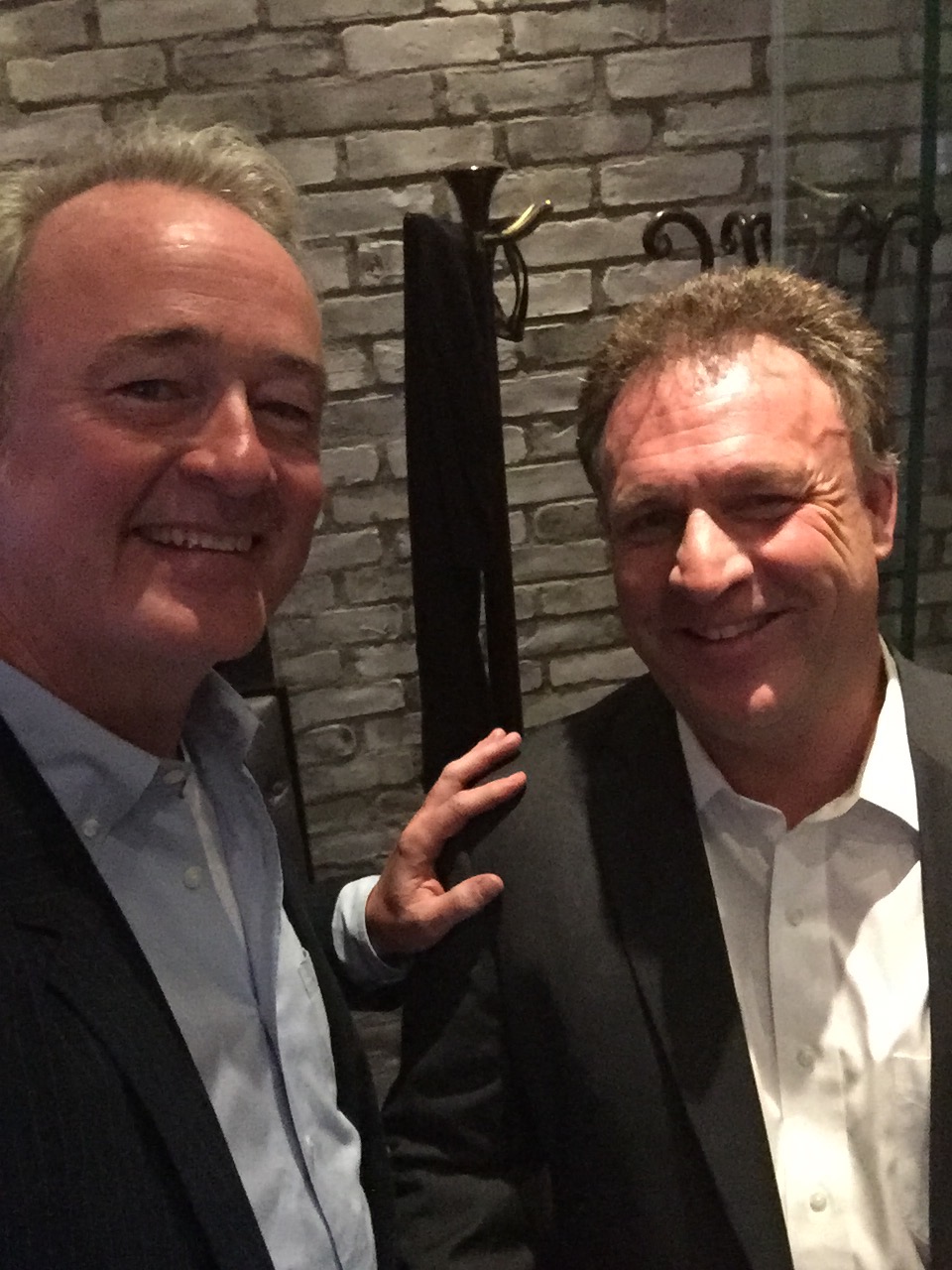Black us out
Apropos of nothing, this was our wedding song. That’s how we roll, man.
Donald Trump and CNN, always carefully tracking social media responses!
Donald Trump is the GOP nominee
As Kory T. and me predicted, months and months ago. My wife lost the bet and owes us a fancy dinner.
Here’s another prediction: he isn’t going to win the presidency. Not even close. And SFH can tell you why!
From next week’s top ten column about the Tories
Eight more points to come!
1. Don’t freak out. You won just about 100 seats despite the Trudeau sweep. You still fundraise better than the governing party. You didn’t lose any of your share of the popular vote – the percentage you got in 2015, in fact, was almost exactly what you got in 2011. Your brand – as evidenced by Saskatchewan and Manitoba, recently – still has value. Resist suggestions, therefore, to radically change everything. Don’t overreact. And, therefore, don’t think salvation lies with loons like Kevin O’Leary. That’s a cure that’s worse than the disease.
2. Oppose, oppose, oppose. You are Her Majesty’s Loyal Opposition: act like it. You were not sent to Ottawa to assist the government, or make creative suggestions about governance. As my boss Jean Chretien used to say to the caucus nervous nellies who always worried about being too negative: “When you’re the opposition, you oppose.” Governments defeat themselves – and your job is to hurry that process along.
Stephen Harper resigns: a highly-scientific™ poll
@stephenharper is resigning. #cdnpoli
— Warren Kinsella (@kinsellawarren) May 25, 2016
Don’t piss off a Newfoundlander, plus Premiers and popularity (updated)
…that’s the message I take from this little ARG snapshot about Premiers and their popularity. I mean, Newfoundland’s Dwight Bell was elected Premier right around the same time Justin Trudeau became Prime Minister – and the latter still enjoys record levels of support, while the former is the least popular senior politician in the country! Weird.
Brad Wall, as always, is a political phenomenon. Brian Pallister is the new guy, and enjoying a honeymoon. (Cocky progressives, nota bene: the two most popular premiers are conservatives.) Nova Scotia’s Stephen McNeil remains a solid performer and a good prospect for re-election next year. Quebec’s Couillard has clearly benefitted from his principal opponent turning into a three-ring circus. Notley has – and I hear this from all my friends, Conservatives included – done a simply outstanding job following Fort Mac, and is much more competitive than just a few weeks ago (her main opponents, meanwhile, continue to split their vote). BC’s Christy Clark would probably like to be more popular – but she also benefits from being consistently underestimated by pundits and politicos (me included, once).
Gallant and Wynne surprise me – (a) in Gallant’s case, because his New Brunswick Liberals are about double the provincial Progressive Conservatives in voter support, and (b) in Wynne’s case, because she’s dealt with some recent controversies with considerable dexterity (fundraising, autism, creepy caucus members). Why they lag, as they do, is odd. Any theories?
And spare a thought for Premier Ball, along the way. It’s hard to get that unpopular that fast. But the plucky Newfoundlander has done it!
UPDATE: And, as a smart reader pointed out, Prince Edward Island is apparently no longer a province. Who knew?

Nobody manhandles my pal Gordie
Why the Raps have tied the Cavs
Defying all those predictions of a sweep. This guy, right here:
Tragic
The news about the Tragically Hip’s Gord Downie will affect many people, today. It will likely see them thinking about the connections between their lives and the songs that the band performed over thirty-odd years. (Like the performance above, their historic – for Canadians, anyway – appearance on Saturday Night Live in 1995.)
Music does that, I think, more than a painting or a poem or a movie or a dance or a sculpture or a play. All of things those can have a tremendous impact on a person’s life, of course. But music, because it is so ubiquitous and because it is so indelibly associated with events in a person’s life, surfaces feelings – and recalls feelings – in a way that other art cannot achieve. The sheer volume of it testifies to this: more music will be created this morning than you will be able to listen to in your lifetime.
As an (aspiring/lousy) musician, I can attest to the fact that music has that effect, and more, on the person trying to produce it, too. I’ve written about music, played it, composed it, organized it, you name it. And I’ve therefore seen, close up, the way in which it is important to people. So, last month, my teenage punk band, the Hot Nasties, reformed in Calgary after 35 years. I heard from many people who were happy about that. That day in Calgary brought us a bit of joy, as well. Politics never brought me the kind of joy music did.
I was never huge Hip fan – they were always a little bit too much rock ‘n’ roll for me – but I do not doubt the power of their music, or what their many fans are feeling today. So, too the deaths of Bowie, Prince and others – so many of them, this year, that Dan Rather is doing a special about it.
Take it from a geriatric punk rocker who recently has been busying himself, for variety of reasons, to making peace with a bunch of people (except two Trudeau people, that is, who refused to even write back, sigh): our time here is fleeting. It goes by, too quickly. But music can help slow it down, bit. Like Bowie said: “That’s the shock: All cliches are true. The years really do speed by. Life really is as short as they tell you it is.”
It is, it is. So, to all you (many) Tragically Hip fans out there, I offer you the very end of the only book I ever wrote that had any value, Fury’s Hour. It seems to fit, today.
Okay, listen: imagine that you’re sixteen again (just like the Buzzcocks song), and you’re getting beaten up by jocks at school, because you look a little different, or you talk differently, or you’re gay, or you wear funny clothes, or you aren’t very athletic. Or you’re being hassled by your teachers, because you’re not like the other kids, and you’ve got a bit of a rebellious streak. Or you’re being pushed around by some kids because you don’t want to try drugs, or because you like to read books.
Or imagine that your Dad left all of you a long time ago, or that someone at home is pushing you around when they get drunk, or – in the night, when they think no one is looking – someone who is supposed to love you is running their hands all over you. And that you are only sixteen years old.
Or imagine that, like a lot of sixteen year olds, you have yet to develop the capacity to be unaffected, or uncaring, about television footage of thousands of children literally starving to death. Or that you still pay attention, and you still cry, when you hear about someone who is weak and alone being hurt by someone who is rich and powerful. Or that you have a rage – a wordless, black rage – building up inside of you about all of this and none of this, and that you cannot imagine that life could ever have any meaning anywhere, anytime. Or imagine that you cannot conceive that God can exist in a world that is so fucking cruel and bleak and evil.
Just listen, and just imagine living through any of that. Because, for a lot of sixteen year olds, they don’t have to bother imagining a life like that. It’s their life already. That’s why punk was invented, and why it will never die. Punk takes a young person’s anger, and makes them do something, and feel something, and be someone. It makes a kid feel that he or she actually can shape the future – and, sometimes, it helps them to actually do it. It makes those unlivable parts livable again. It gives hope. It sings.
Close your eyes, and slip into that dark, crowded, sweaty, noisy little nightclub and listen to the punk sound, the three-chord sound of fury’s hour. And, as you stand against the wall at the back – or as you dance the bad stuff away, right down in the front – know that this is the sound that punk makes, now and tomorrow and forever:
YES!



